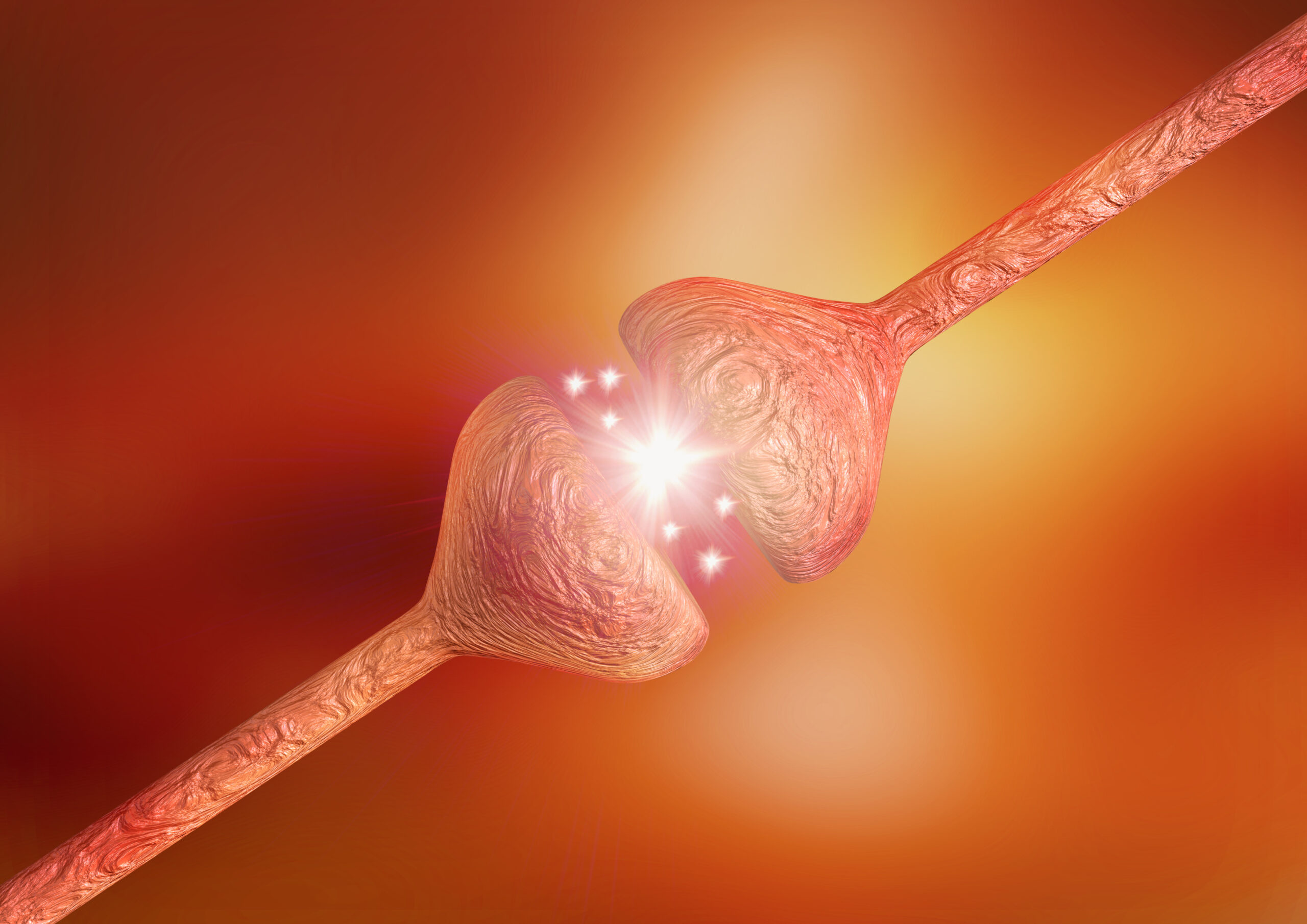Why Your Risk of Cancer Rises With Age
As we age, our bodies undergo a series of changes that can increase our risk of developing cancer. This is a common phenomenon observed across various types of cancers, including breast, ovarian, and other forms. Let’s explore why age plays such a significant role in cancer risk.
Firstly, **aging cells** accumulate more genetic mutations over time. These mutations can occur due to errors during DNA replication or exposure to environmental factors like UV radiation or chemicals. As we age, our cells’ ability to repair DNA damage may decline, leading to an increased likelihood of cancer-causing mutations.
Another factor is **telomere length**. Telomeres are protective caps on the ends of chromosomes that shorten with each cell division. When telomeres become too short, cells can enter a state of senescence or undergo programmed cell death. However, some cells may bypass these safeguards and continue to divide, potentially leading to cancer. Research suggests that there is a correlation between telomere length and cancer risk, although this relationship is complex and still being studied[3].
**Hormonal changes** also play a role, particularly in cancers like breast and ovarian cancer. For example, women who gain significant weight after age 35 are at a higher risk of breast cancer due to changes in hormone levels[2]. Similarly, aging is linked to increased ovarian cancer risk, with studies identifying specific genes that may contribute to this association[3].
Lastly, **immunosenescence**—the decline of the immune system with age—makes older adults more susceptible to cancer. A weaker immune system is less effective at recognizing and eliminating cancer cells, allowing tumors to grow more easily.
In summary, the combination of genetic mutations, telomere shortening, hormonal changes, and immunosenescence all contribute to why cancer risk increases with age. Understanding these factors can help us better manage and potentially reduce our risk of developing cancer as we grow older.





